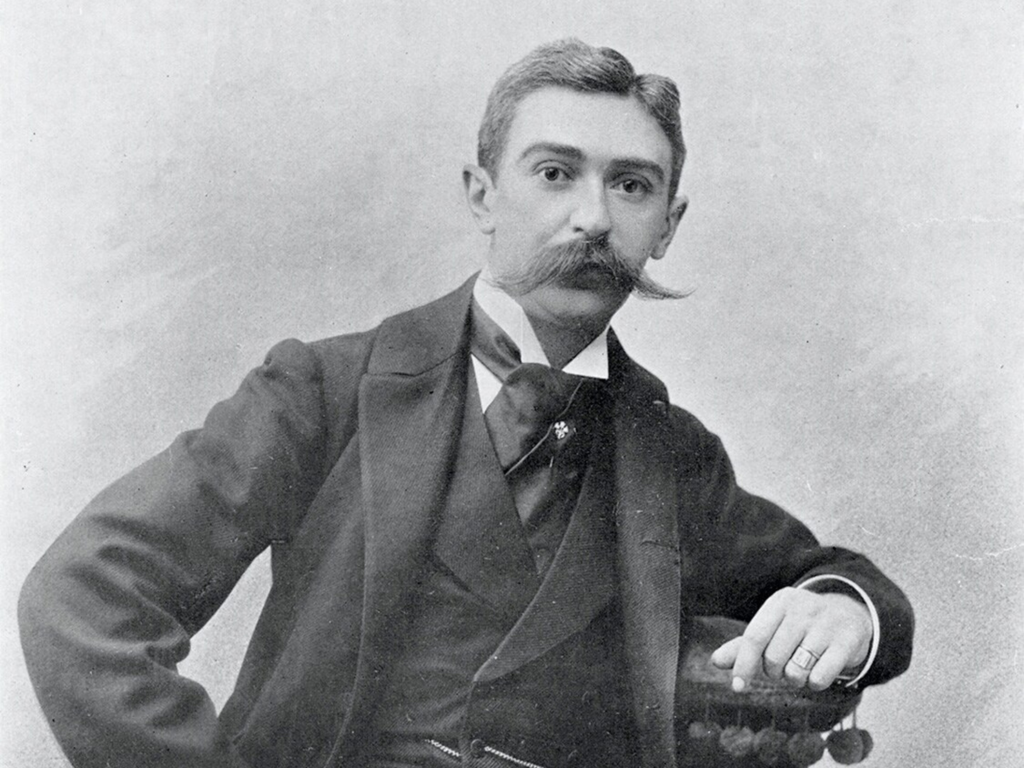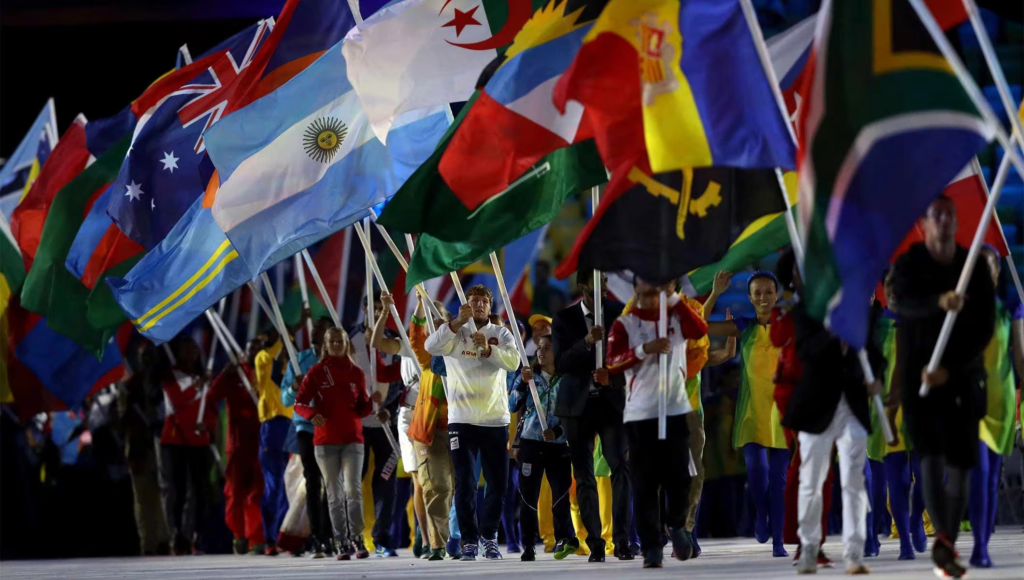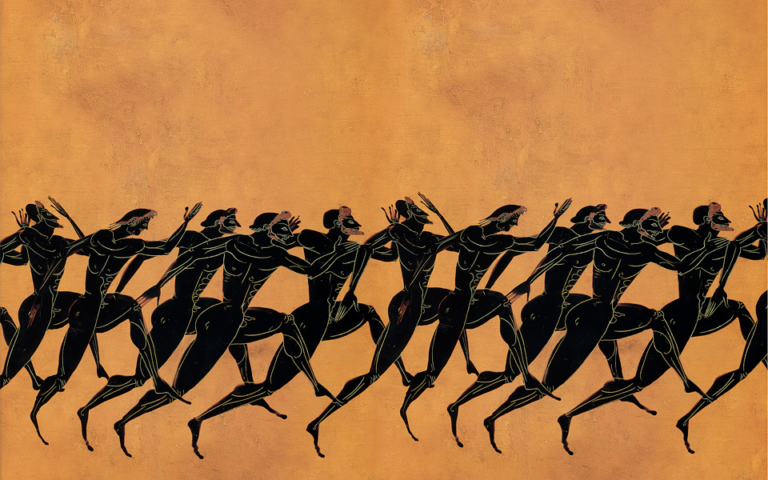The Olympics are a tradition that dates back thousands of years and are considered one of the most longstanding sporting events in world history. Originating in ancient Greece, this event has evolved into a modern spectacle that millions around the world eagerly follow. Exploring the history and development of the Olympics helps us understand not only the evolution of sports but also the historical, cultural, and social progress of humanity.
Ancient Olympics: Competitions Held for the Gods

The history of the Olympics traces back to ancient Greece. The first Olympic Games, held in 8th century BC in the city of Olympia, were considered the greatest sporting event by the Greeks of that time. These games were sacred, dedicated to Zeus, the king of the gods, and were held every four years. In this era, only Greek citizens could participate, and the games were seen as a major religious and social event.
The first games are believed to have been held in 776 BC, a date that is also recognized as the beginning of Olympic history. The sports events in the ancient Olympics were quite limited, with running, discus throw, javelin throw, wrestling, and pentathlon being the main competitions. During the games, a truce was declared, and all wars were halted, contributing to the Olympics becoming a symbol of peace and unity.
From Ancient to Modern Olympics: The Influence of the Renaissance

The ancient Olympics continued for nearly a thousand years. However, in 393 AD, Roman Emperor Theodosius I banned the games as he declared Christianity the official religion and outlawed pagan practices. This prohibition led to the Olympics being forgotten and almost lost to history.
However, in the 19th century, a revived interest in ancient culture and art in Western Europe brought the Olympics back into the spotlight. During this period, there was a growing fascination with ancient Greek and Roman cultures. The Renaissance, in particular, saw a resurgence of studies related to classical antiquity, leading to a rediscovery of this cultural heritage. This renewed interest laid the groundwork for the foundations of the modern Olympic Games.
The Birth of the Modern Olympics: Pierre de Coubertin and the Philosophy of Olympism

The modern Olympic Games were revived in the late 19th century through the efforts of French baron Pierre de Coubertin. Coubertin sought to bring the spirit of peace and unity from the ancient Greek Olympics to the modern world. His vision was to promote friendship, mutual respect, and international cooperation among young people.
To achieve this goal, the International Olympic Committee (IOC) was established in 1894, and two years later, in 1896, the first modern Olympic Games were held in Athens. These games were seen as a revival of the ancient Greek Olympics and were met with great interest worldwide. Thirteen countries participated in the first modern Olympic Games, with about 280 athletes competing. This was a significant turnout for the time and a promising start for the future of the Olympics.
The Evolution of the Olympic Games: A Global Symbol of Sport and Culture

Over time, the modern Olympic Games grew and developed into the global event we know today. Throughout the 20th century, the Olympics were held on different continents, and each edition provided a unique opportunity for the host country to showcase its culture, history, and identity to the world. The Olympics went beyond sports, contributing to cultural exchange and diplomatic relations worldwide.
The Olympic Games could not be held in 1916, 1940, and 1944 due to World Wars, but in the post-war periods, they became a symbol of peace and international cooperation. The 1948 London Olympics were particularly significant in this regard, as they symbolized the reunification of humanity and the unifying power of sports after the devastating effects of the war.
The Olympic Rings and Oath: Universal Symbols

The symbols and rituals of the Olympics also hold a significant place in the cultural legacy of these games. Designed by Pierre de Coubertin in 1913, the Olympic rings represent the five continents and emphasize the universal nature of the games. The rings, composed of blue, yellow, black, green, and red colors, were chosen because these colors appear on the flags of every nation.
The Olympic Oath is a pledge made by athletes to compete in the spirit of fair play, respect, and friendship. This oath forms the ethical and moral foundation of the Olympic Games. These symbols demonstrate that the Olympics are more than just a sporting event; they are a platform reflecting the shared values of humanity.
The Role of Women in the Modern Olympics: The Struggle for Equality

In the early days of the modern Olympic Games, women were not allowed to compete. However, over time, the role and importance of women in sports became recognized. Women were first allowed to compete in the 1900 Paris Olympics, marking a significant turning point in Olympic history. Since then, the number of female athletes has rapidly increased, and important steps have been taken to ensure gender equality in the Olympic Games. Today, the Olympics emphasize gender equality, with equal numbers of male and female athletes competing.
The Winter Olympics: A Celebration on Ice

In 1924, winter sports were added to the Olympic Games, and the first Winter Olympics were held in Chamonix, France. With sports such as skiing, ice skating, and curling, the Winter Olympics became particularly popular in northern countries and gained as much popularity as the Summer Games. The Winter Olympics provided a great opportunity to introduce winter sports to the global arena and contribute to the development of these sports.
The Global Impact of the Olympics: Peace, Unity, and Cultural Exchange

Today, the Olympic Games are more than just sporting competitions. The Olympics have become a platform that promotes messages of peace and unity worldwide, encouraging intercultural interaction and understanding. Every four years, the host country has a unique opportunity to showcase its culture to the world through the Olympic Games. At the same time, these games contribute to the development of diplomatic relations between countries.
The future of the Olympic Games is a testament to humanity’s belief in shared values, friendship, and peace. These games are the finest example of how the universal language of sports can bring people together and embrace cultural differences. As a legacy stretching from ancient times to the present, the Olympics will continue to symbolize humanity’s progress and the desire to live together in peace and unity.


